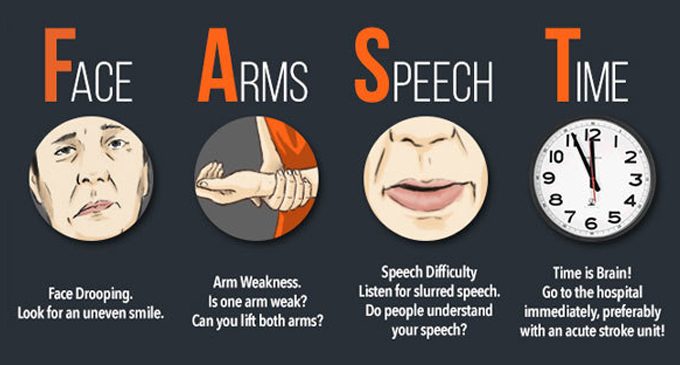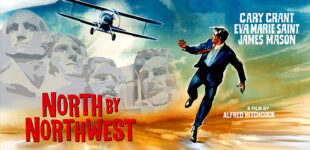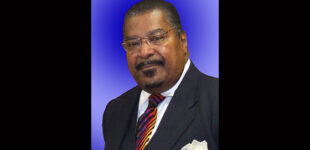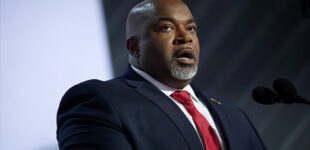Commentary: Don’t forget to think F.A.S.T.

Oct. 29 was World Stroke Day, but every day we all need to remember to think F.A.S.T. The American Heart Association will be sponsoring the 2017 Winston-Salem Heart and Stroke Walk on Nov. 11 at Bailey Park in the Wake Forest Innovation Quarter, but here are some tips to help you start thinking about strokes and how to prevent them.
What is stroke? Stroke happens when a clot or rupture interrupts blood flow to the brain. Without oxygen-rich blood, brain cells die and every minute matters.
Why should you care? Worldwide, stroke is the No. 2 cause of death and a leading cause of serious disability. Stroke is the fifth leading killer in the U.S. and is the fourth leading cause of death in Forsyth County. The number of strokes is sharply up for those under 55. The American Heart Association and Wake Forest Baptist Medical Center are partnering to raise awareness of stroke in Forsyth County. Now it is more critical than ever. We know that every 40 seconds someone suffers a stroke in the U.S. Treatment is available but must be given quickly. Time is brain!
What do you need to know? The majority of stroke patients still do not arrive at the Emergency Department quickly enough to receive the care that can dramatically improve their outcomes, in large part because they or those around them do not recognize the warning signs and the importance of calling 9-1-1. Tell everyone in your life what the acronym F.A.S.T. stands for:
*Face Drooping – Does one side of the face droop or is it numb? Ask the person to smile. Is the person’s smile uneven?
*Arm Weakness – Is one arm weak or numb? Ask the person to raise both arms. Does one arm drift downward?
*Speech Difficulty – Is speech slurred? Is the person unable to speak or hard to understand? Ask the person to repeat a simple sentence, like “The sky is blue.”
*Time to Call 9-1-1 – If someone shows any of these symptoms, even if the symptoms go away, call 9-1-1 and get to a hospital immediately. (Tip: Check the time so you’ll know when the first symptoms appeared.)
Without oxygen-rich blood, brain cells die. Time loss is brain loss. Receiving immediate, professional help can get you the immediate treatment to greatly improve recovery outcomes. With today’s advanced technology, stroke is more treatable than ever before. There are treatments that can help significantly reduce disability and even death in a stroke emergency. Stroke patients treated with a clot-busting drug within 90 minutes of their first symptoms are almost three times more likely to recover with little or no disability.
Can you prevent stroke? Up to 80 percent of strokes can be prevented. High blood pressure, often referred to as the silent killer, is a leading cause for stroke. According to the American Stroke Association, every 10 mmHg drop in systolic blood pressure equates to an average 41 percent reduction in stroke risk. Quitting smoking, maintaining a healthy diet and weight, and staying active can help to prevent stroke.
How can you help? Join the American Heart Association for the 2017 Winston-Salem Heart and Stroke Walk on Nov. 11 at Bailey Park in the Wake Forest Innovation Quarter. Sponsored by Wake Forest Baptist Health and MedCost, the festivities begin at 8:30 a.m. and the walk begins at 10 a.m. All funds raised at the Walk benefit heart disease and stroke research and prevention education in our community. Bring your family, friends, neighbors, and co-workers to help celebrate the 25th Anniversary of the Heart & Stroke Walk in Forsyth County!
Get your exercise in with the 1, 2 or 4-mile stroller and dog-friendly walk. The After Party from 10 a.m. to noon includes heart-healthy food trucks, local mascots and live music by The WINmars. Your dollars help others in our community learn the F.A.S.T. warning signs, teach our community how to prevent stroke, and help fund the next big advancements in stroke care. Five current research grants, totaling $1.2 million, are currently being funded by the American Heart Association right here in the Triad and Wake Forest Baptist is currently conducting a number of clinical trials related to stroke. (www.WakeHealth.edu/BeInvolved/)
For more information about the Winston-Salem Heart & Stroke Walk, visit www.winstonsalemheartwalk.org, email winstonsalemheartwalk@heart.org, or call (336)542-4828.
For more information about stroke and to find a complete list of the stroke warning signs, visit www.StrokeAssociation.org or www.WakeHealth.edu/Stroke.
Allison Brashear, MD, MBA is professor & chairwoman of Neurology, Wake Forest Baptist Medical Center in Winston-Salem, president of the American Heart Association’s Triad Board of Directors and co-chair of the Winston-Salem Heart & Stroke Walk.













